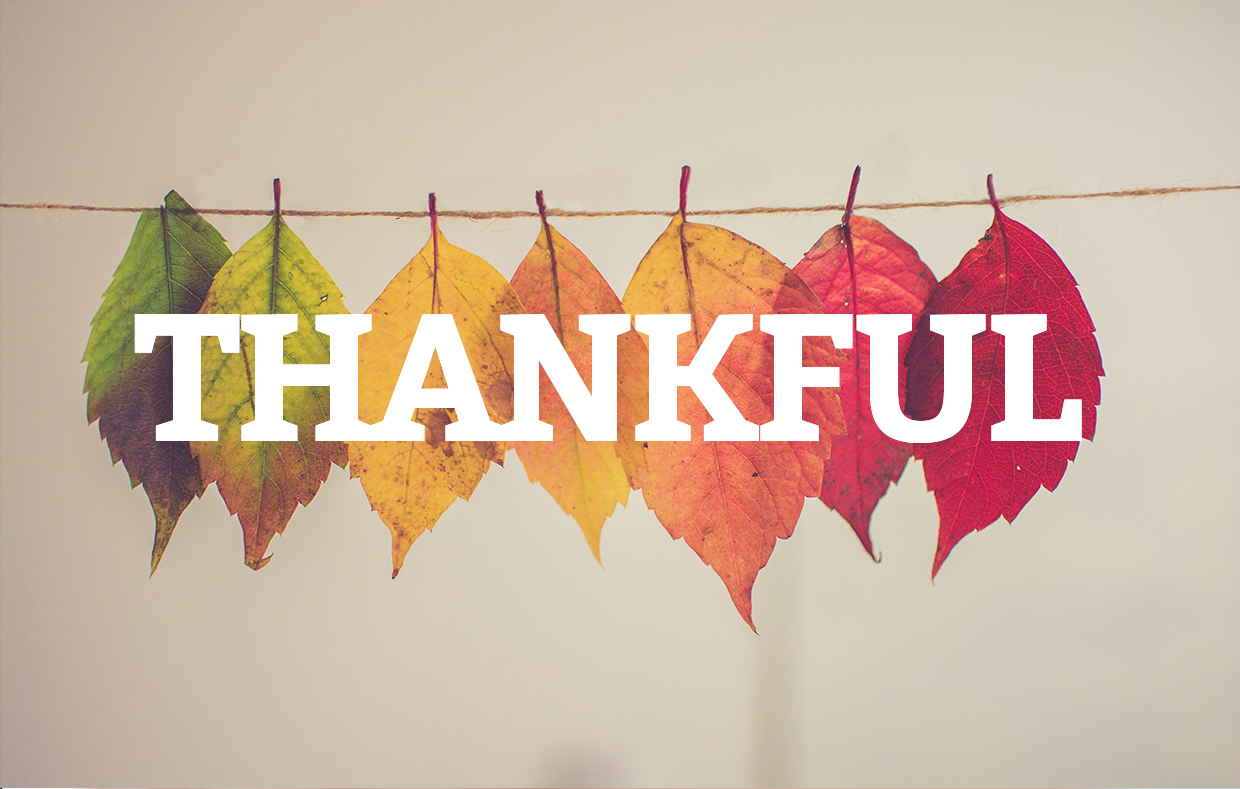Monday, December 28, 2020
Wednesday, December 23, 2020
Notable Films Watched in 2020: February, March, and April (all streaming)
In Raoul Peck's powerful documentary, Peck brings to life the book writer James Baldwin never finished, Remember this House, providing an opportunity for Baldwin to tell the story of race in modern America.
Horse Girl illuminates the inner world of socially isolated and PTSD sufferer Sarah (Alison Brie), a craft store assistant with a love for horses and supernatural crime shows and increasingly lucid dreams that begin trickling into her waking life.
Lulu Wang's amazing comedy drama The Farewell centers on Chinese family members who discover their grandmother (Shuzhen Zhao) has only a short while left to live. With Awkwafini leading the cast as Americanized Billi, emotions run deep when the family decides to keep their grandmother in the dark, scheduling a wedding so everyone can gather for a final secret farewell before she dies.
Crip Camp (2020):
In Crip Camp, directors James Lebrecht (a former camper) and Nicole Newnham reveals the joy and activism that sprung from summers spent at Camp Jened, a ramshackle camp in the Catskills specifically for teenagers with disabilities. At Camp Jened, teens with disabilities enjoyed activities typically reserved for "the able bodied" in the 1970s and built bonds with one another that endured as they migrated to Berkeley, California, a promised land for a growing and diverse disability community. With our own Joseph Heumann's sister Judy at the helm, these friends from Camp Jened spearheaded the disability rights movement that helped secure life-changing accessibility.
The Death of Stalin (2017):
A comic drama set in 1953 Moscow, The Death of Stalin highlights what happens after Soviet dictator Joseph Stalin (Adrian McLoughlin) takes ill and dies--the members of his Council of Ministers scramble for power.
The Juniper Tree (1990):Writer director Nietchka Keene turns fable into art film in The Juniper Tree, landscape sets the mood for story of two sisters, Margit (Bjork) and Katia (Bryndis Petra Bragadottir) fleeing persecution after their mother is killed for practicing witchcraft. More than the complicated love story, Iceland takes center stage in this atmospheric film.
Tuesday, December 15, 2020
Notable Films Watched in 2020: January
Notable Films of 2020: January
Wednesday, December 9, 2020
Love and Gratitude this Holiday Season!
Tuesday, November 24, 2020
A Few more Statements of Thanks
Sunday, November 15, 2020
Thanks for the First Half of November
11/1/20: Thank you for continuing virtual church services, even after you resume an in-person meeting!
Life in Two Lines
Even though work overwhelms me now, each day begins with journaling--in my list journal I fill in as the day progresses and my two-line journal recently filled with little things I give thanks for.
That means this blog has been on hiatus, overshadowed by online teaching responsibilities, student Zoom conferences lasting till 10:30 at night, constant responding, and revised lesson plans. Because our tenure includes service and research here, my weeks are also filled with meetings--Making Excellence Inclusive RISE Conference meetings, creative writing committee meetings, department meetings, English education meetings, and too many others to count.
Yet, I still add to this meeting list each week, participating in a church book study reading How to be an Antiracist and two church committees--Church and Society and Green Team.
So, I'm making excuses for missing two weeks of blogging in October and waiting until November 15 for my first blog this month.
That's all I can say.
Wednesday, October 21, 2020
October Thanks
10/25/20: I am thankful for the Golden Rule, to love my neighbor no matter what, knowing that loving them doesn’t necessarily mean I agree with them, nor does it mean I condone violent behavior from any of them. But I can still love them and hope that love will change their hearts.
Monday, October 19, 2020
MEI RISE
Doggy Tooth Brush Emergency
Monday, September 28, 2020
Sunday, September 20, 2020
Places I Probably Slept Part II
Saturday, September 19, 2020
Places I Probably Slept
Tuesday, September 8, 2020
American Mary and the Nature of Change
At a turning point in the contemporary feminist “Frankenstein” film American Mary, Ruby (Paula Lindberg)—one of Mary’s future body modification clients—explains why she wants to change her appearance: “I don’t think it’s really fair that God gets to choose what we look like on the outside,” she proclaims. Ruby’s declaration at first seems to align well with scholars’ assertions that humans decorate and modify their bodies to separate themselves from the animals and nature, for, as genetic researcher Gillian M. Morriss-Kay argues, “Creating visual art is one of the defining characteristics of the human species.” Morriss-Kay agrees, suggesting, “The earliest known evidence of ‘artistic behaviour’ [sic] is of human body decoration, including skin colouring [sic] with ochre and the use of beads, although both may have had functional origins.”
Ruby’s desire to determine what her body looks like on the outside seems to take this characteristic just a little further, since, as anthropologist Enid Schildkrout of the Smithsonian states, “there is no logical reason to separate permanent forms of body art, like tattoos, scarification, piercing, or plastic surgery, from temporary forms, such as makeup, clothing, or hairstyles.” More extreme forms of body modification convey information about a person’s identity in ways similar to the more traditional and temporary choices people make to color their hair and shave their faces.
For Ruby, a fashion designer and owner of Ruby Real Girl designs, surgically changing her body provides some of the same results as fashion and makeup, except that those changes are more permanent. It seems to separate her from her natural “God-given” form and from the natural world it represents and inhabits. The claim is that animals change their appearance only because evolution has determined those changes ensure survival, both physical and sexual. And those changes rely on internal biological responses rather than deliberate additions from the external environment. A cuttlefish may change the color and shape of its skin and body to hide from predators, hypnotize prey, and seduce potential sex partners, but these survival adaptations are evolutionary rather than learned behaviors and draw on biology rather than the incorporation of external objects.
Yet we argue that this separation between humans and animals rests on a limited perspective of the natural world. Although the body modification illustrated in American Mary may amplify the drive for individuality found in makeup and hair changes, it does not necessarily separate humans from animals. Instead, it replicates the behaviors of animals from the bowerbird to particular species of spiders and caterpillars. When characters in American Mary modify their bodies to express their individuality and survive, they don’t separate themselves from nature; instead they align themselves with the animal world. When either animals or humans change their appearance, they gain an evolutionary advantage that assures their reproductive and biological persistence.
Friday, August 21, 2020
Enough
“You don’t have to believe in God.
You just need to believe that you are not God.”
Now that is a quote I can get my arms around.
Although I do believe in God,
I definitely do not believe I am God.
I do not believe I am God-like.
In fact, I believe we are all equals,
including those animals and plants outside my window.
That doesn’t mean we are the same.
It just means we all have an equal right to life
Rain and wind blew over Resurrection Lilies today,
surprises more like amaryllis than lily
leaning into grass on broad brittle stems
like salmon bones breaking under teeth.
I know about those salmon bones
because my father loved salmon loaf and salmon cakes,
meals built from a can of pink and brown
reaching “enough” with bread or flour and egg.
Wednesday, August 12, 2020
Joy

With joy I welcomed the rain last night, 11/2 inches of watering I won’t have to do to keep my flowers and vegetables growing. I may have broken a few purple cone flowers, but now they decorate my kitchen table, adding life to the piles of newspapers I must remember to place in the recycling bin tomorrow.
My little life is full of beauty like that, from a dog’s smile to a squash plant’s flowers. To these colors and textures, I’ll add the songs of crickets and frogs outside my window.
What brings me joy? Right now, my joy seems limited to my garden, my dog walks, and my brief escapes with Joe.
So let’s get specific…
Watching:
- bees feeding on my purple cone flowers,
- a swallowtail butterfly laying eggs on a spice bush and pollinating a butterfly bush,
- beans (lots of beans) climbing up a fence,
- tomatoes turning red on the vine,
- a volunteer squash or pumpkin plant (not sure which) thriving in a pepper bed,
- cucumbers filling with water and ballooning into fruit,
- zucchini edging into a yard, hummingbirds and orioles drinking from a feeder… Okay, there are many more joyful moments than I thought.
Butterflies arrived today, floating between feeding and nesting as I watch through a glass door and nearly smile when really what I want to do is cry.
Not Yet

When should I say “not yet” instead of “no?”
When asked if I’m retired, of course, or if I met my goals, then “not yet” sounds like a typical and acceptable response.
But how about when asked absurd and sometimes rude questions like do you have any children?
- Have you remarried?
- Are you in love?
Yes, I think “not yet” works just fine here, even if I am post-menopausal, long-time divorced, and introverted. But I don’t think the answer needs to be personalized.
I think we can answer “not yet” as a more hopeful response than “no” to question like these: Can we overcome racism?
- Is it possible to solve the repercussions of climate change?
- Can we live in peace?
- Of course, we might need to answer “not yet” when those kids in the back seat ask, for the fiftieth time, if we’re there yet, too.
Saturday, July 25, 2020
Reading and Me
Ceredo, West Virginia
Saturday, July 18, 2020
Japanese Beetles
Just Days
Saturday, July 4, 2020
Two-Line Poems
Wednesday, June 24, 2020
Cli-Fi and Human Approaches to Ecology
What Means Home, Part I
Thursday, June 11, 2020
Dolly Dog and the Snake
A black lab
lay down
in the center
of tall grass
waiting
watching
twitching
not for
that chipmunk
eating
suet
strawberries
potatoes
seedlings
but for
a black snake
shining
scales
coiled
head erect
to move
Both
silent and still
they cross
species
class
with muscles
poised
while
all of us
gaze


















